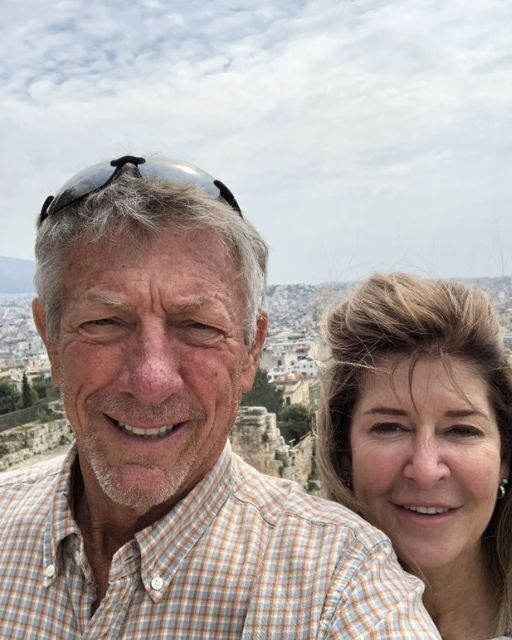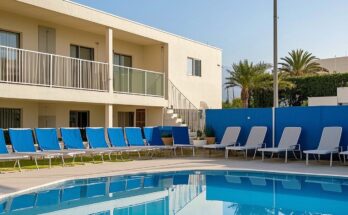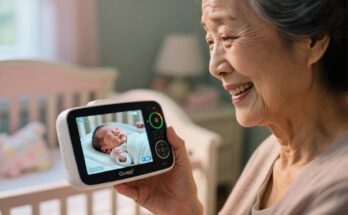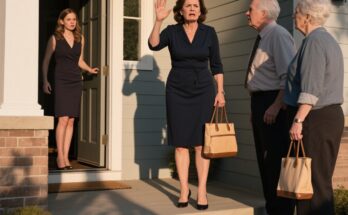When the bank alert dinged, we locked eyes with the screen—$250,000. A lifetime of modest savings, tucked away by our parents, had finally landed in our account. It was the kind of windfall people assume is forever for the kids: college, houses, nest eggs.
But then my wife looked at me and asked, “What if… we don’t?”
Not out of neglect. We love our children fiercely—more than anything. But we’d spent years putting ourselves last, raising them to thrive independently. What if, just this once, the money was for us?
So we did the nearly unthinkable: we bought a camper.
Rediscovering Us
It was humble—a snug little camper with a kitchen, a bed, and room to chase horizons. We drove to National Parks, chased sunsets, sang to old tunes with no Wi-Fi, no notifications. Somewhere between campfires and starry skies, we remembered who we were before parenting redefined us.
When we told the kids, their response surprised us: no outrage, only encouragement.
Our son said, “You’ve done so much for us. You deserve this.”
Our daughter laughed, “It’s about time you thought about yourselves.”
Their support washed away the last of our guilt. We were free, more so than since our twenties.
Living Without a Plan
Mixed feelings lingered at first—thoughts of what else that money could’ve done for them. But they were thriving. Our daughter ran her own business. Our son was secure in his career. They didn’t need us financially.
Instead, we bought ourselves time. Nights around the fire. Quirky diner breakfasts. Familiar conversations feeling brand new. The inheritance—our camper—returned our relationship and our joy.
One evening, parked by a Montana lake, we cracked a bottle of wine as the water glowed gold and violet. My wife sighed, “I forgot who we were.”
I replied gently, “Maybe giving our children everything wasn’t our ultimate purpose. Maybe showing them how to live mattered more.”
An Unexpected Encounter
A month later, in a tiny Wyoming town, we stopped for coffee at a diner. The owner, Mae, welcomed us like long-lost friends. Over coffee, she shared how she’d spent decades serving others, never daring to follow her own dreams—or travel.
That conversation struck a chord. By nightfall, we had a new plan: use part of our inheritance to send Mae on her own journey.
She resisted—too proud, too surprised—but we insisted. She accepted, tearfully.
The Ripple Effect
Soon postcards flooded in—from New Orleans, Yellowstone, New York City. Mae had finally begun exploring.
But even more powerful was what happened at home.
Our son, inspired by Mae, took a sabbatical to pursue photography.
Our daughter began channeling profits from her business into social causes she believed in.
Mae, transformed, returned to establish a nonprofit in her small town—empowering dreams long put on hold.
What It All Meant
That $250K wasn’t just currency—it was freedom, purpose, a spark.
It wasn’t about leaving wealth—it was about creating lives lived fully. The real inheritance: examples of wild generosity, self-care, and ripple effects.
We learned: you can’t pour from an empty cup. Often, parents who give endlessly forget to live themselves. But the greatest legacy isn’t blank checks—it’s the courage to choose full living.
We didn’t just receive money from our parents—we inherited permission: to live boldly, to give meaningfully, to be joyfully human.
So if life hands you a choice—to preserve, to save, to defer—consider this: sometimes, the act of choosing your own life is the gift your children never forget.



